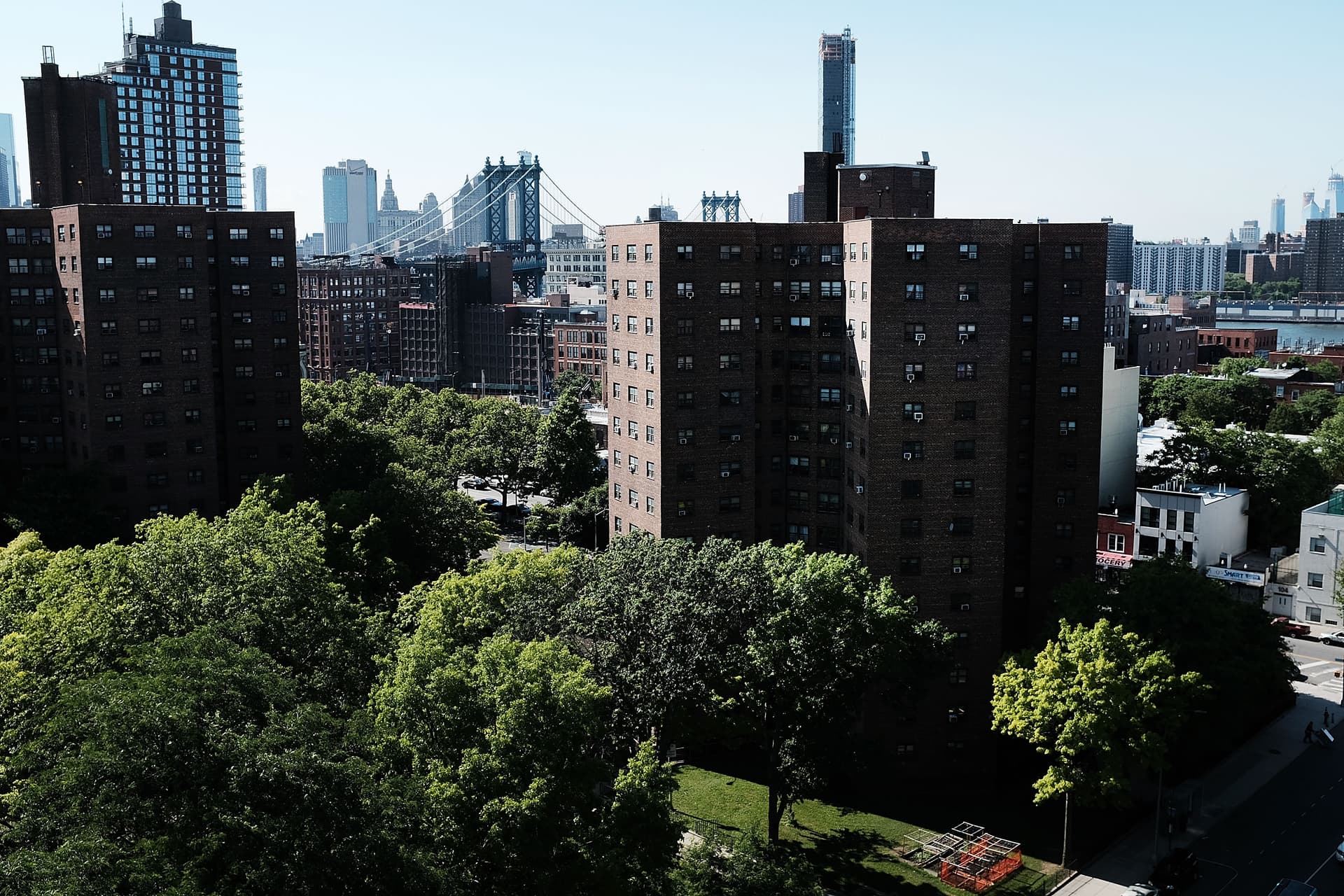
Cincinnati Considers Marijuana Tax To Fund Reparations Program for Residents in Predominately Black Neighborhoods
By LUKE FUNK
|The Times’ obliviousness might be the gaudiest, most outsized, most breathtaking wonder of them all, comprising an almost total lack of self-awareness encapsulated in the thickest compost of self-righteousness.

Already have a subscription? Sign in to continue reading

By LUKE FUNK
|
By LUKE FUNK
|
$0.01/day for 60 days
Cancel anytime
By continuing you agree to our Privacy Policy and Terms of Service.
By NEWT GINGRICH
|